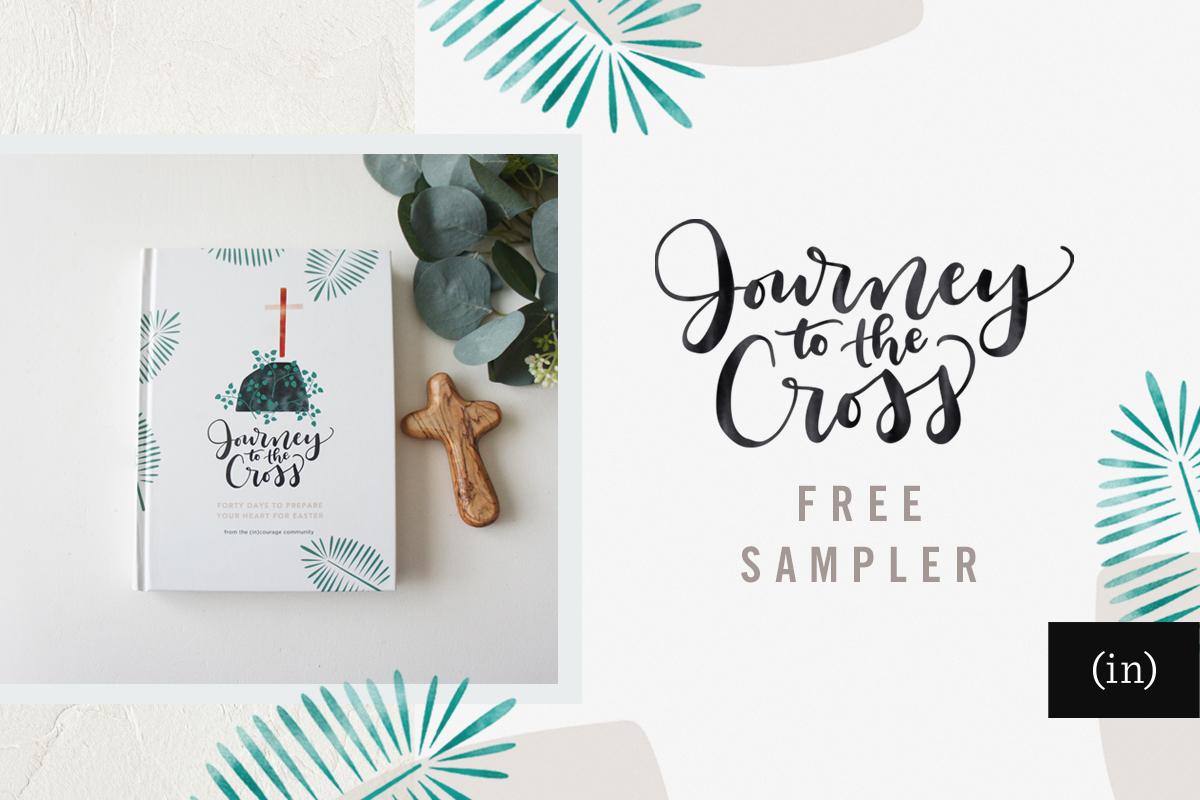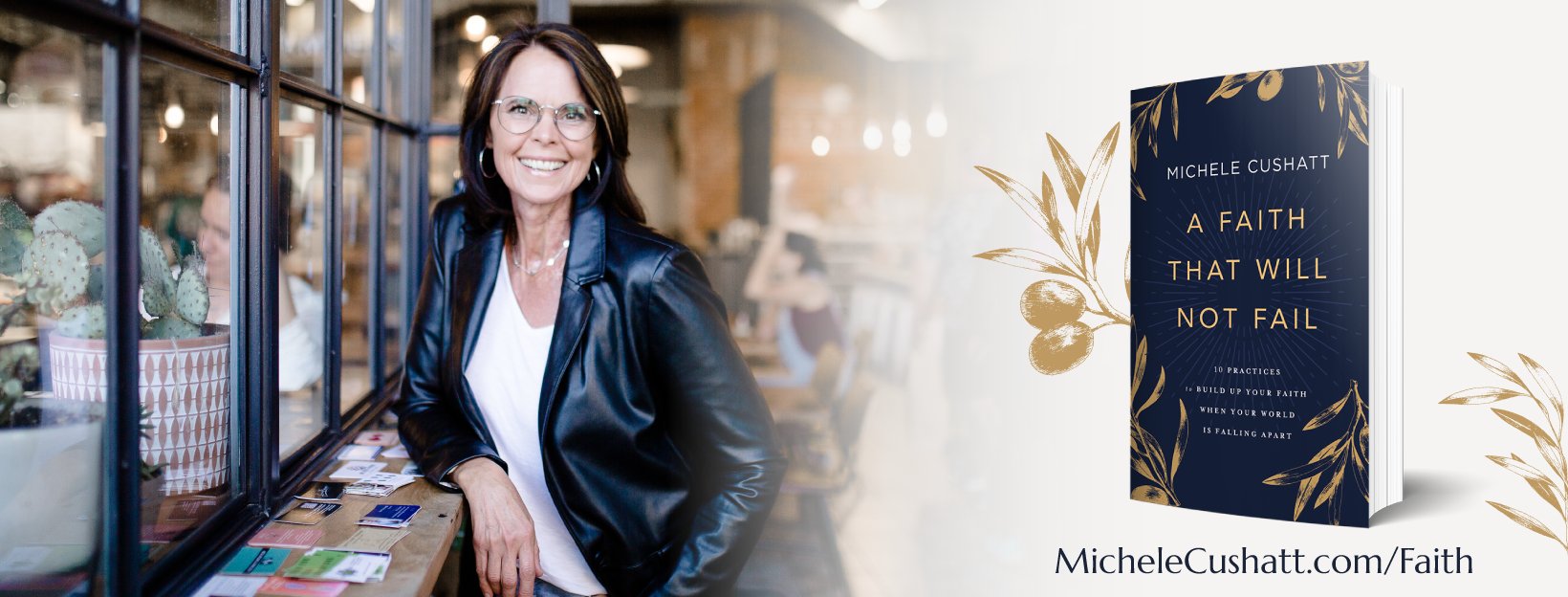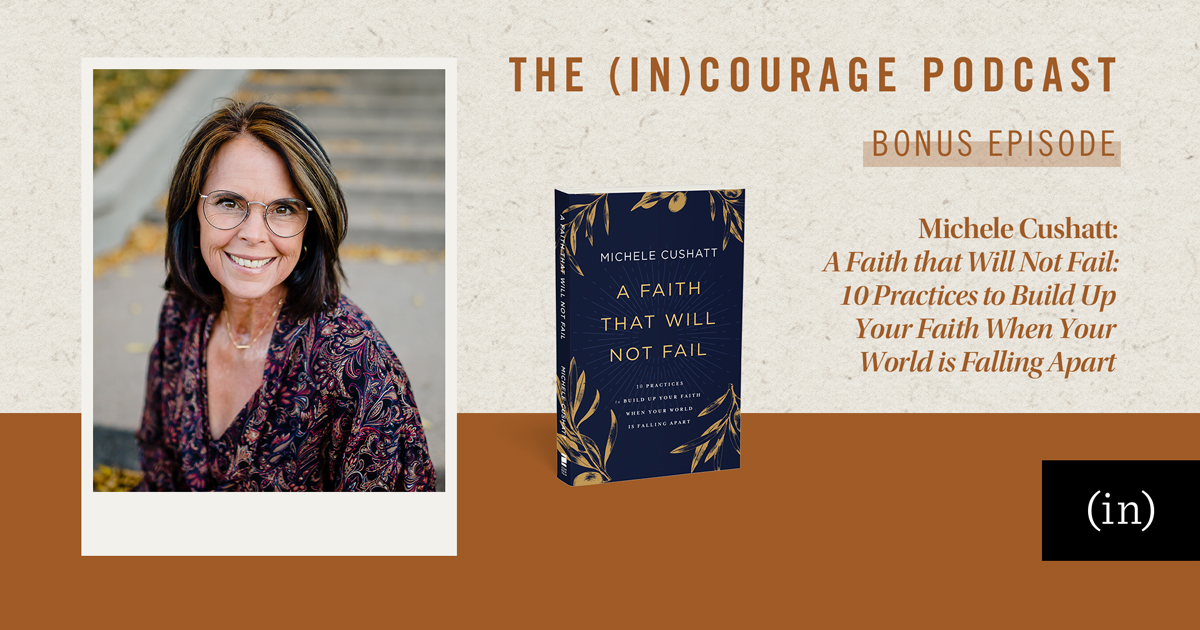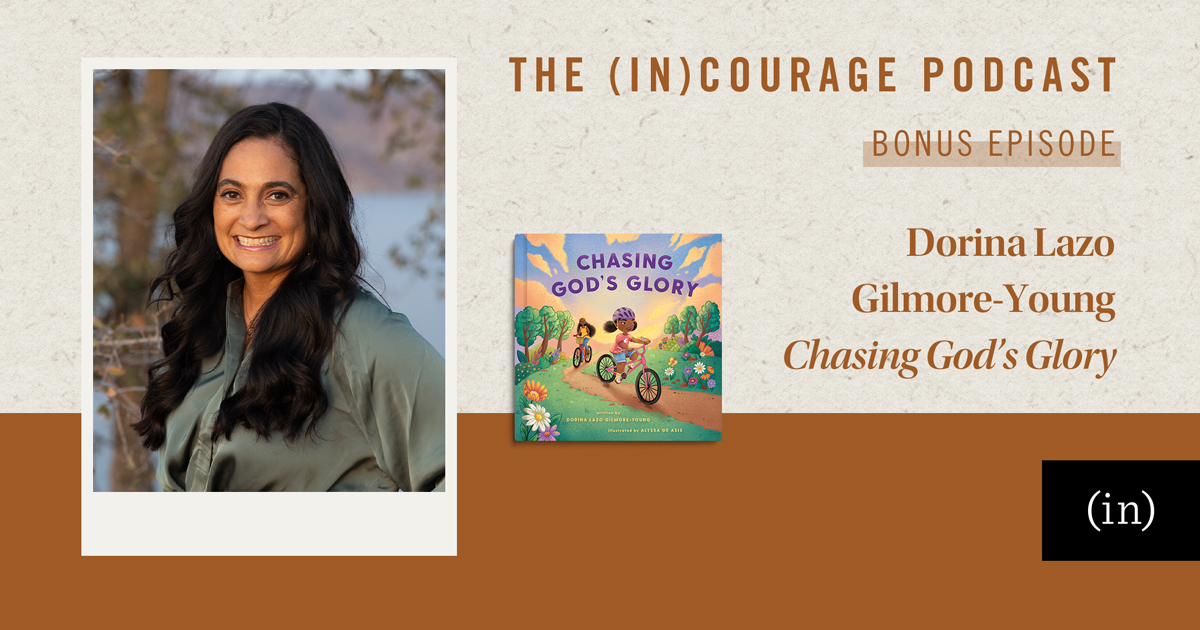Most of the crowd spread their cloaks on the road, and others cut branches from the trees and spread them on the road. And the crowds that went before him and that followed him were shouting, “Hosanna to the Son of David! Blessed is he who comes in the name of the Lord! Hosanna in the highest!” And when he entered Jerusalem, the whole city was stirred up, saying, “Who is this?” And the crowds said, “This is the prophet, Jesus, from Nazareth of Galilee.”
Matthew 21:8-11
Dear Jesus,
Today, we wave palm branches in Your honor. We sing “Hosanna in the highest!” We shout Your name to the heavens. I want to stay here, Jesus — on the streets with the palm branches, where everyone is cheering for You, hands to the sky. It’s the ultimate party for the ultimate King.
But this parade doesn’t end on the streets. It’s headed straight for the cross. Soon, the “Hosannas” will be a faint echo. People will cry out “Crucify him!”
You knew that, didn’t You? Even as the palm branches brushed against Your arms, You knew where this road was leading. You knew who’d betray You. You knew who’d deny You. You knew how Your biggest fans would run and hide.
Today, we watch You ride into town on a borrowed donkey with Your head held high. It’s the only time in all of Scripture where You allowed Yourself to be exalted. But even then, it was never about the crowd’s approval of You. You had Your face set like flint on the cross.
The cross.
No one knew but You. You had determined from the beginning that You would love us to Your death, so that we could truly be given life.
The magnitude of Your sacrifice is incomprehensible. The depth of Your love is incomparable. And the breadth of Your goodness makes You absolutely irresistible.
When You came into Jerusalem, the whole city asked, “Who is this?”
Today, I answer with all my heart:
You are my Savior, that’s who.
You are my Lord, that’s who.
You are my Friend and my Redeemer and the reason my life has meaning.
You are my purpose and my passion and my pathway to peace.
You are the one true King.
Today, I spread my cloak and palm branches on a different kind of road — the road that leads straight to my heart. I invite You to enter in, to make a home in my heart, and to change me from the inside out. I want to love You at all costs — not to be counted among those who denied You, betrayed You, or hid when the stakes were high.
May You always see my branch waving high for You. May You always hear my voice exalting You above everything else in my life: “Blessed is He who comes in the name of the Lord! Hosanna in the highest!”
In Your precious name,
Amen.
This Palm Sunday prayer by Jennifer Dukes Lee first appeared on (in)courage in April 2019.
A note from (in)courage:
Sisters, as you make time to praise Jesus today for who He is and the gift of His life, death, and resurrection, we also want to invite you to share your prayer requests. In two weeks, the (in)courage writers will be gathering together and we want to pray for you — our dear readers and sisters in Christ. No concern is too big or too small. It will be our honor to link arms and partner with you in this way.





